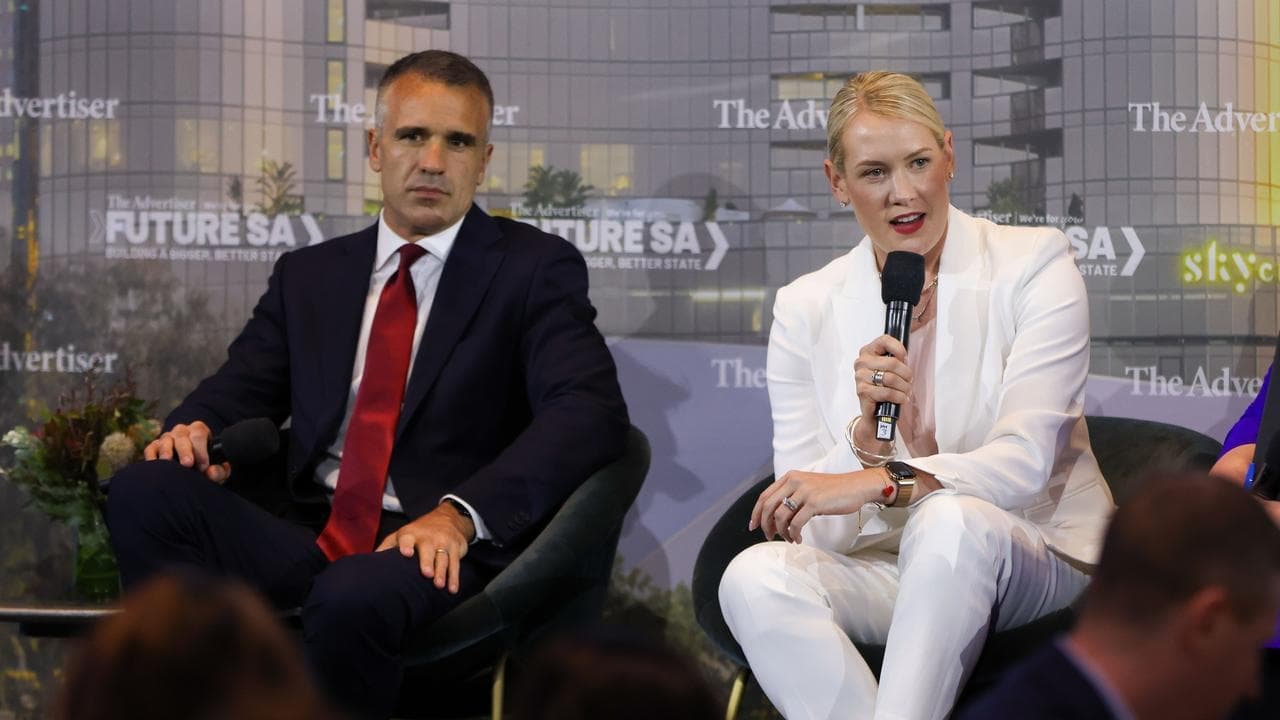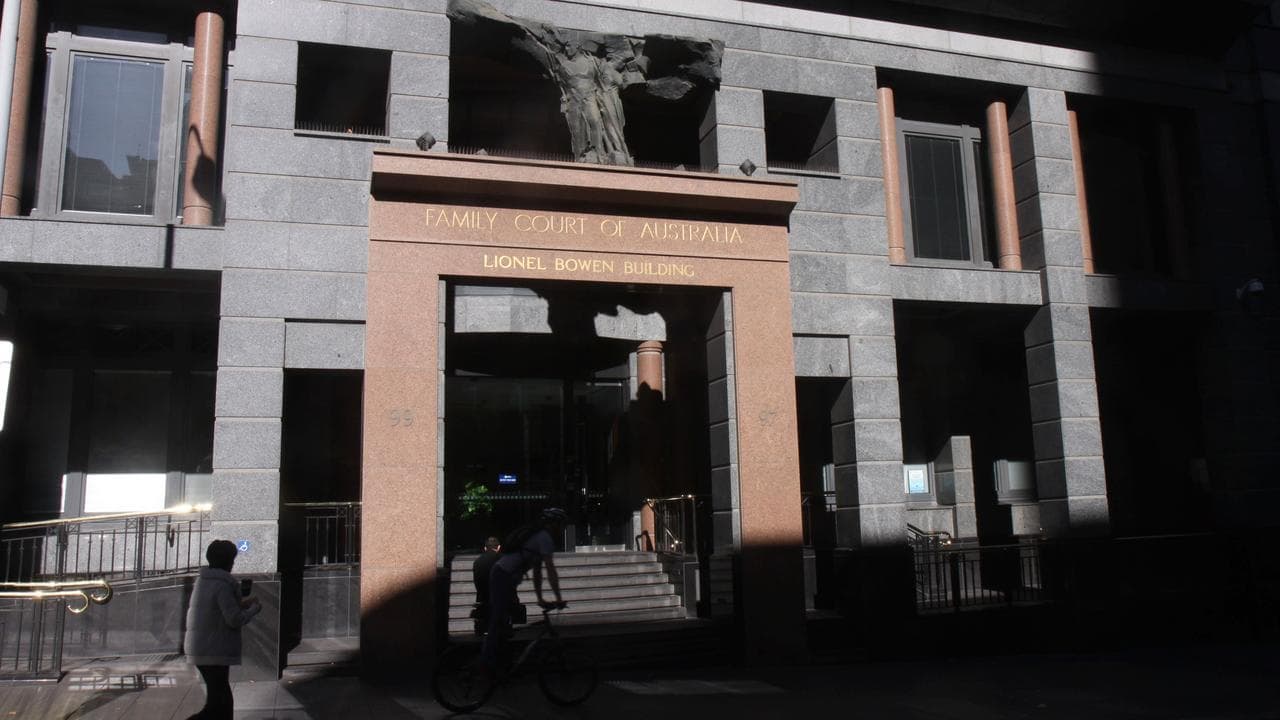WHAT WAS CLAIMED
Scott Morrison will get a prime minister pension worth $300,000 per year.
OUR VERDICT
False. The parliamentary pension scheme was closed to new MPs in 2004. Mr Morrison is not eligible as he was elected in 2007.
One Nation senator Pauline Hanson has shared a video claiming Scott Morrison will collect an annual $300,000 taxpayer-funded pension when he leaves parliament, thanks to spending almost four years as Australia's prime minister.
The claim is false. Parliament's previous defined benefits pension scheme was closed to new MPs in 2004. Nobody who entered parliament since the 2004 federal election is eligible - including Mr Morrison, who became an MP in 2007.
Instead, MPs elected after October 9, 2004, are enrolled in a superannuation fund with an employer contribution of 15.4 per cent of their salary. Former prime ministers are separately entitled to various perks such as office facilities and travel.
The claim Mr Morrison is in line for a big pension windfall was made in a One Nation video posted to YouTube on May 13, as part of an animated series Ms Hanson's party made ahead of the May 21 election.
In the video, a character representing former prime minister Malcolm Turnbull tells Mr Morrison: "Life after office is bliss. You do know about the prime minister pension, don't you? … It's $300,000 a year for the rest of your life. Plus you get an office, staff, a driver (and) travel" (video mark 37 sec).
Ms Hanson's description of the video says: "There's a misconception that all politicians are provided an annual pension once they leave the parliament. This isn't entirely correct because the law changed in 2004, making any new politician since that year ineligible for the lucrative, lifetime pension - With exception to the Prime Minister."
Ms Hanson subsequently posted the video to Twitter on May 20.
The video description correctly acknowledges new MPs have not been able to access the pension scheme since 2004, but wrongly claims prime ministers were spared the changes.
Previous AAP FactCheck articles about parliamentary pensions (see here and here) explained MPs who were elected before 2004 and served at least eight years qualified for a parliamentary contributory pension scheme with generous lifelong payouts for retired politicians. It still applies to MPs elected before October 9, 2004.
Graeme Orr, a professor of politics and law at the University of Queensland, told AAP FactCheck the old pension scheme ended after Labor's then-opposition leader Mark Latham made curtailing MP pensions a political issue in early 2004. Mr Latham is now a One Nation MP in NSW.
"This rattled the eight-year-old conservative government and even ruffled ALP feathers. But PM (John) Howard, as was his wont, absorbed the message (and) by April Fool's Day, there was a government bill for a less generous scheme (with grandfathering to honour expectations of existing MPs)," Prof Orr said in an email.
Since the 2004 election, new MPs are instead enrolled in a superannuation contribution scheme that operates in line with regular Australian superannuation rules.
The Commonwealth pays 15.4 per cent of an MP's salary into the superannuation fund, which MPs can top up with additional contributions.
Mr Morrison entered parliament at the 2007 election and can't benefit from the old pension scheme. Instead, he can draw on his superannuation fund when he turns 60.
The Commonwealth Department of Finance confirmed there is no special pension treatment for former prime ministers.
"Federal parliamentarians (including those who subsequently become prime minister) first elected on or after 9 October 2004 are not entitled to a pension from the Parliamentary Contributory Superannuation Scheme (PCSS)", the department told AAP FactCheck in an email.
All former prime ministers are separately entitled to publicly-funded office facilities and other perks determined by the current prime minister (section 16) plus a maximum of 30 domestic return flights per year (section 10).
Spending reports for former prime ministers are published quarterly by the Independent Parliamentary Expenses Authority.
The description of the One Nation video claimed five former prime ministers - Malcolm Turnbull, Tony Abbott, Julia Gillard, Kevin Rudd and Paul Keating - already receive large pensions via the "Prime Minister Pension Scheme".
Mr Abbott, Ms Gillard, Mr Rudd and Mr Keating all entered parliament prior to 2004, so were eligible for the old pension scheme. However, Mr Turnbull was elected in 2004, so was not entitled to the parliamentary pension.
Prof Orr told AAP FactCheck he had never heard of the Prime Minister Pension Scheme.
The Verdict
The claim Scott Morrison will receive a prime minister pension of $300,000 annually is false. Parliament's defined benefits pension scheme was closed to new MPs in 2004. Mr Morrison was elected to parliament in 2007, so is not eligible.
Instead, federal MPs elected since 2004 are enrolled in a superannuation scheme that operates in line with regular Australian super rules.
False – The claim is inaccurate.
AAP FactCheck is an accredited member of the International Fact-Checking Network. To keep up with our latest fact checks, follow us on Facebook, Twitter and Instagram.












